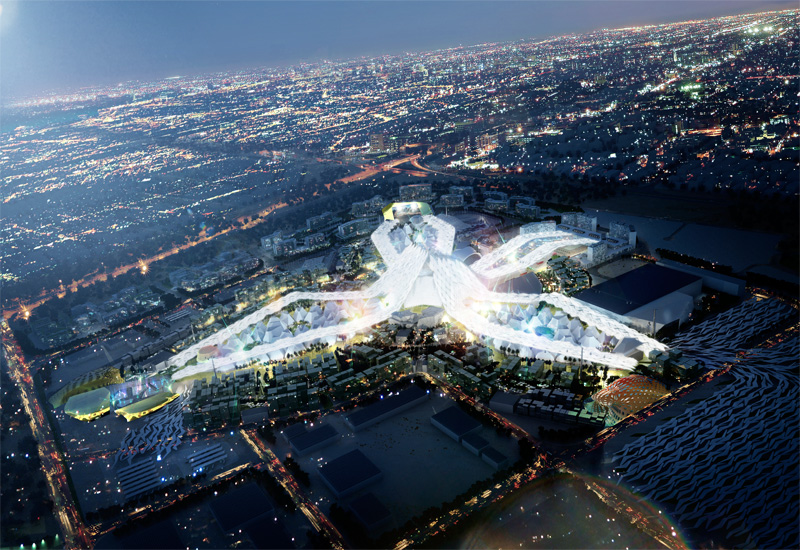SEEKING SUPPORT
In order to grow their portfolios, hoteliers are seeking continued support from DTCM, as well as the development of more attractions for families.
Accor Middle East director of development Olivier Granet said: “From the point of view of a major international hotel operator such as Accor, we believe it is important to have a strong tourism-oriented governing body with a clear vision to support the growth of Dubai.
We also believe that it is important to maintain open and clear communication channels between DTCM, hotel operators, airlines and other regulatory authorities, in order to ensure transparency in the market.”

| Advertisement |
Wyndham Hotel Group’s Haddad said hoteliers would also benefit from more joint programming
with DTCM to increase visitor numbers.
“As a local authority, I think the biggest thing DTCM can do to help hoteliers is to design programmes and products to increase the number of travellers who visit the city when they transit through Dubai International Airport. When you see that Dubai’s airport had over 57 million passengers in 2012, there does seem to be an opportunity to convert transiting passengers to overnight guests. DTCM could be instrumental in this,” asserted Haddad.
In terms of infrastructure, Jumeirah’s Clayton said the “most obvious gap” was in the number of entertainment or theme park venues, but that finding talent to work across such a growth in supply would also be challenging.
“With the anticipated increase in hotel inventory across the country, we anticipate growing demand for both tertiary and vocational education and training.
The former is delivered through the Emirates Academy of Hospitality Management — and we hope there will be scope to open a vocational training college for the hospitality sector in the region, as the industry will need a greater supply of qualified and experienced hospitality professionals to meet the expected boom in demand for talent,” said Clayton.










 Search our database of more than 2,700 industry companies
Search our database of more than 2,700 industry companies









